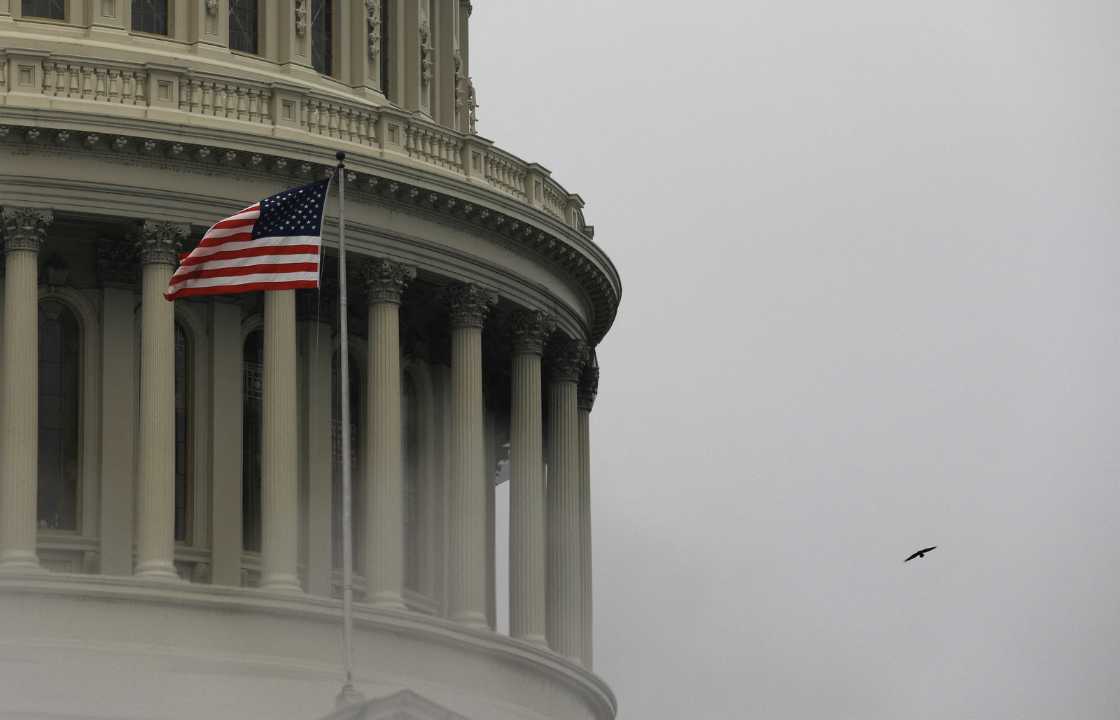The degree to which stablecoin issuers should be regulated remains a nuanced issue, as emphasized by a key witness stating it “need not be binary.” The topic of state versus federal oversight took center stage at a recent U.S. House of Representatives hearing on stablecoins on May 18. The newly formed Subcommittee on Digital Assets, Financial Technology, and Inclusion under the House Committee on Financial Services was presented with expert opinions as it weighed the merits of two prospective bills regarding stablecoin regulation.
Two proposed legislative drafts were in focus during the hearing. The Republican draft bill, unveiled in April, was subject to a discussion in the Financial Services Committee. Later, Ranking member Maxine Waters introduced a competing draft rooted in a bill that failed to pass in the previous congressional session.
A major point of contention was the potential “race to the bottom” in state-level stablecoin regulation. The Republican draft would permit stablecoin operators to select their state of registration, bypassing the Federal Reserve Board. Proponents believe this approach would avoid a regulatory race to the bottom and reflect the existing dual-tier federal/state banking oversight system. Democrats, however, remained skeptical.
The Democratic draft favors federal control of regulation with an apt regulatory body. David Portilla, a partner at Davis Polk & Wardwell, expressed his preference for a middle ground approach, emphasizing that federal regulation could offer consistency, while state regulation might encourage diversity and innovation in regulation and supervision. He added that the current regulations were unfit for stablecoins and suggested a size-dependent “toggle” mechanism for federal involvement in stablecoin regulation.
The broader national interest was also a recurring theme. Rep. Brad Sherman, a known cryptocurrency critic, argued that a dollar-pegged stablecoin could pose a threat to the fiat dollar, diminishing the impact of U.S. sanctions.
Echoing the sentiment, Matt Homer from venture capital firm The Department of XYZ, stressed, “Stablecoins will emerge regardless of our personal preferences,” and further advocated for domestic regulation of dollar-backed stablecoins to control the narrative on our terms. Pro-crypto legislator Warren Davidson aligned with Homer’s view, highlighting the need for legislative clarity.
Robert Morgan, CEO of USDF Consortium, voiced his support for the current regulatory framework and underscored the benefits of tokenization for conventional banks, dubbing it a “third way.”
In the ever-evolving landscape of digital currencies, it’s essential for readers to stay informed about the ongoing discussions surrounding regulatory frameworks. The debate between state versus federal regulation of stablecoins is significant, as the outcome will likely shape the future of cryptocurrency in the U.S. This ongoing legislative debate also emphasizes the need for consistent and adaptable regulations in an industry known for its rapid technological advancements.

